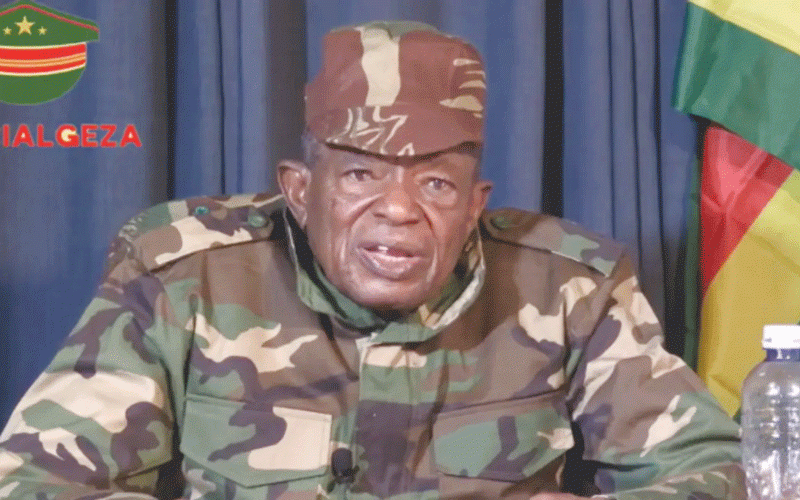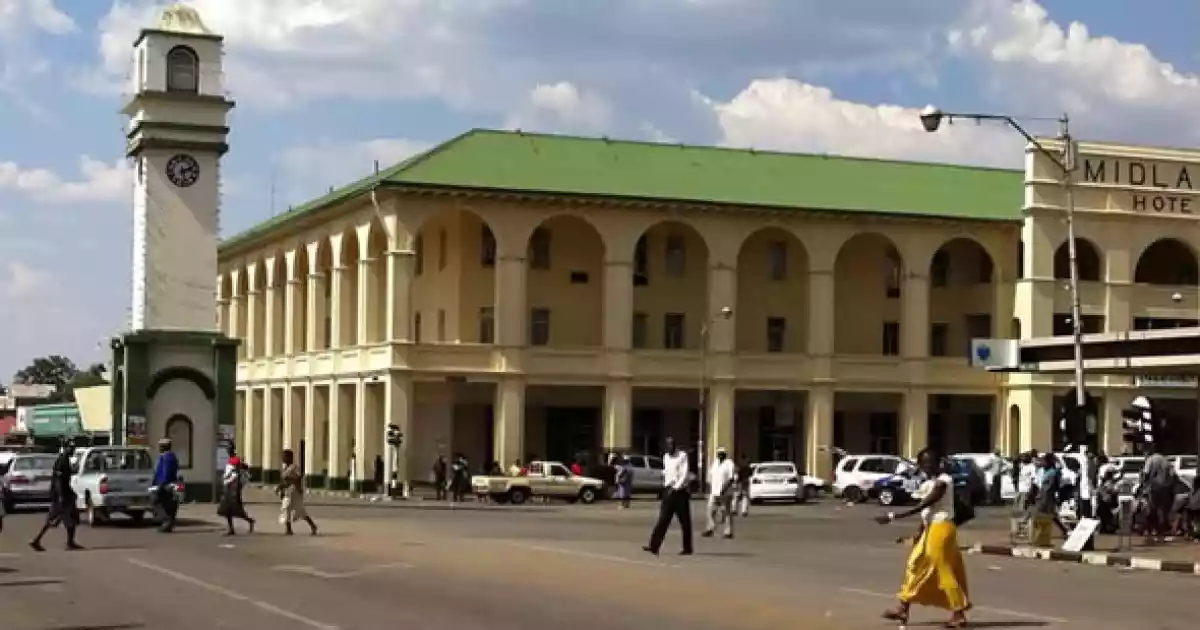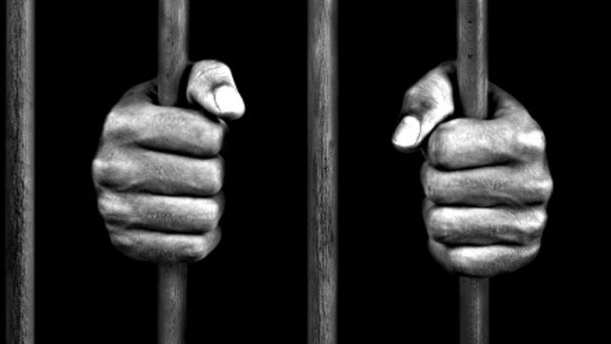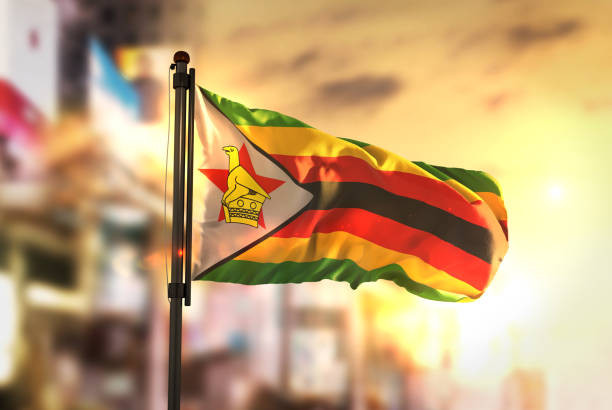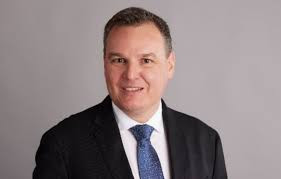BY NQOBANI NDLOVU PRESIDENT Emmerson Mnangagwa’s anti-corruption fight has been exposed as nothing but hot air following revelations that less than US$2 million out of identified US$7 billion ill-gotten wealth stashed outside the country has been recovered in two years.
Mnangagwa promised a crackdown on corruption after being sworn into office after a coup removed the late former president Robert Mugabe in November 2017.
He said an estimated US$900 million had been externalised outside the country, and gave the alleged culprits a three months grace period to return the stolen proceeds, or face arrest.
In March 2018, he released a list of 1800 alleged looters which included manufactures, miners, small businesses, state-owned entities and even churches including individuals.
In February 2020, the Zimbabwe Anti-Corruption Commission (Zacc) said it had also identified US$7 billion in cash and properties stashed worldwide by corrupt former and current senior government and Zanu PF officials and other politically connected persons.
The assets were said to be stashed in South Africa, United Kingdom, Malaysia, United Arab Emirates, Mauritius and Kenya among other countries.
Keep Reading
- Chamisa under fire over US$120K donation
- Mavhunga puts DeMbare into Chibuku quarterfinals
- Pension funds bet on Cabora Bassa oilfields
- Councils defy govt fire tender directive
Two years later, the anti-corruption body now says it managed to recover only US$1.5 million in assets, before admitting that it was failing in its ambitious plan to recover US$7 billion of assets it had identified.
“Zacc is in the process of recovering assets from U.A.E, UK and South Africa. Assets from South Africa have been located with a value of approximately US$1.5 million,” Zacc spokesperson John Makamure told The Standard in an emailed response.
“The use of mutual legal assistance tends to take time thereby extending the time frame for investigations. Interpol has been helpful.”
When asked how far Zacc has gone in pursuing prosecutions from the recovered US$1.5 million of assets, Makamure said: “We deal with the civil aspect of Zacc cases. Investigations prefer charges.”
According to Makamure, locally, the anti-corruption body is struggling to trace some of the identified US$20 million assets acquired from proceeds of crime as they have allegedly been hidden.
“Properties are not registered in the subjects’ names so searches tend to elongate the recovery processes,” he said.
“The rise of people buying vehicles on behalf of others thereby registering vehicles in different names makes tracking of vehicles difficult
“Stakeholders are still hesitant to signal corrupt practices especially real estate properties especially where people purchase properties using cash. They tend to ‘protect’ their clients at the loss of the nation.”
The anti-corruption body has been quick to seize assets of ordinary citizens accused of corruption, leaving political bigwigs who have been mentioned in several reports in their involvement in grand corruption.
At some point, the Zacc earned a ‘catch and release’ moniker over its failure to secure convictions or recover alleged stolen assets from bigwigs.
The anti-corruption fight has also assumed factional lines, with politically exposed persons being subjected to arrest.
Opposition Citizens Coalition for Change (CCC) spokesperson Fadzai Mahere said Mnangagwa’s tenure in office has been characterised by absence of political will to fight corruption.
“From the US$3,5 billion that was looted under command agriculture, the NSSA scandals, Rushwaya’s gold smuggling case, the Zinara episode, the Cottco scandal, Draxgate, Covidgate all the way to the dirty Pomona deal, the last four years have been replete with corrupt deals, elite state capture and a pandemic of looting that have cost the nation over US$2 billion annually,” Mahere said.
“This excludes the over US$100 million lost to gold smuggling every month. The big wigs are repeatedly caught and released with very little done to recover the looted funds or hold those responsible to account.
“The only solution is to vote in our millions for change in 2022 and install ethical leaders who have the political will to fight corrupt and put the welfare of the citizens back at the centre of all decision-making.”
Political analyst Vivid Gwede said there was no political will in the fight against corruption.
“The anti-corruption drive should not be about sound bites or internal Zanu PF fights, but radically returning the country on the visionary path envisaged by those who fought for independence,” Gwede said.
Anti-corruption watchdog, the Zimbabwe Coalition on Debt and Development (Zimcodd) also weighed in doubting the capacity of Zacc to recover stolen assets from abroad.
“We can consider the issue of capacitation to recover the assets, thus are they sufficiently equipped? Do they have the technical know-how to recover and retrieve these external assets?” Zimcodd programs manager John Maketo asked.
“What are the international protocols and regulations for the recovery of such assets? I strongly believe that Zacc does not have the sufficient capacity to follow up on those issues.
“Also there is not enough evidence to show that Zacc has the political will to recover siphoned assets both locally and externally. We have seen numerous examples of catch and release. Hence for Zacc to effectively deal with corruption there is need for capacitation and political will.”
Reports indicate that corrupt gangs within and outside the government are creaming off assets worth billions of dollars annually from the country.

